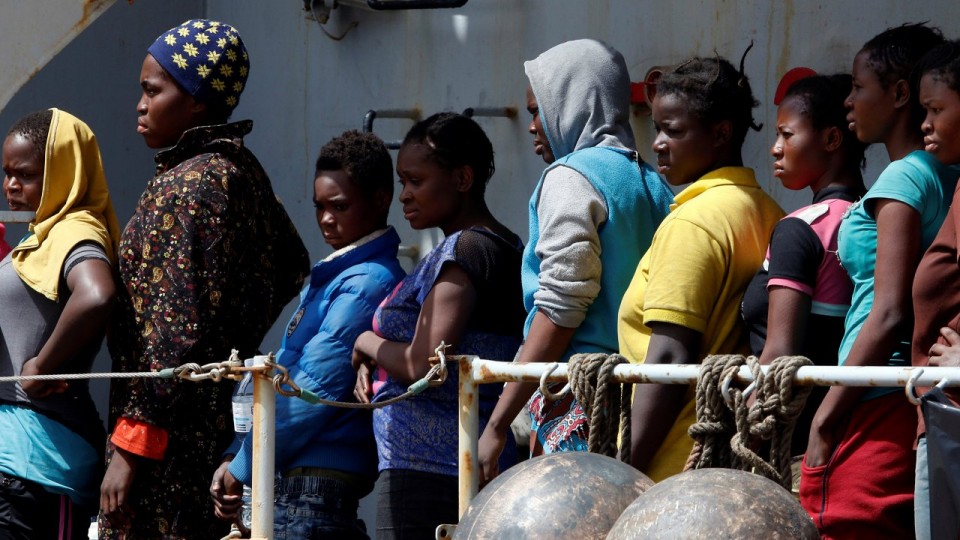A report issued by United International Children’s Emergency Fund (Unicef) on Tuesday reveals that migrants in Libya, mainly women and children, have been victims of abuse, including beatings, rapes and starvation, while living in “hellholes”. Unicef says almost 26,000 children, most of them unaccompanied, crossed the Mediterranean last year.

This report is only the latest in a series of reports by human rights groups that have described the atrocious conditions that migrants are going through.
But in terms of numbers, it highlights a record number of nearly 26,000 children who have crossed the Mediterranean from Libya.
That is also because the facilities where people are being held and detained in Libya are currently unable to accommodate such large numbers of people.
“The fact that there are so many areas that are not controlled by a central government authority, but rather by militias, means that the detention centres that we know exist around the country are the places where we feel the levels of abuse are probably worse,” Afshan Khan, Unicef’s Regional Director and Special Coordinator for the Refugee and Migrant Crisis in Europe, tells RFI.
Khan adds that Unicef does not have access to many of these detention centres.
“The current facilities are insufficient. Both in terms of the way children are being held, as in detention behind bars, which should never happen, and in terms of inadequate health and sanitation services,” Khan says.
“We have seen the spread of disease in some of these centres. And children have reported being beaten by men in uniform. Now, we don’t know who those men in uniform are, but it is clear that the detention centres are currently inadequate to house children.”
Epicentre of violence
Without getting too much into the political turmoil that Libya has been going through in the past few years, the situation on the ground, aside from the migrant crisis, is already a very difficult one for Libyans themselves.
But “this level of abuse is new,” Claudia Gazzini, the Senior Analyst on Libya for the International Crisis Group, tells RFI.
“The fact that it has increased so much in this past year or two is also directly related to the deteriorating economic situation in Libya. It’s a country that is increasingly on the verge of an economic crisis,” Gazzini explains.
“Normal Libyans face cash shortages and pay check delays, and the government doesn’t have much money left in its reserves to spend. So by default, the self-proclaimed security forces that are in charge of monitoring migrants have themselves become smugglers and racketeers, thereby exerting violence on migrants to obtain money that is no longer available in the country.”
Controversial deal
The EU struck a deal with Libya recently to help with the migrant crisis, but it is a very controversial deal. It was specifically signed between Italy and Libya – since Italy is the first country migrants arrive to after the crossing the Mediterranean.
It is controversial because it is hard to tell if the EU wants to help Libya with its crisis, or if it’s intended to keep migrants from coming to Europe.


2 Responses
People should stay in their country to avoid further molestation from those ravenous beast.
EU stricking a deal with Libya doesn’t guarantee them safety. What Libyans need is to get things right by fixing their economy, so they won’t have to migrate from their country except for specific purpose.